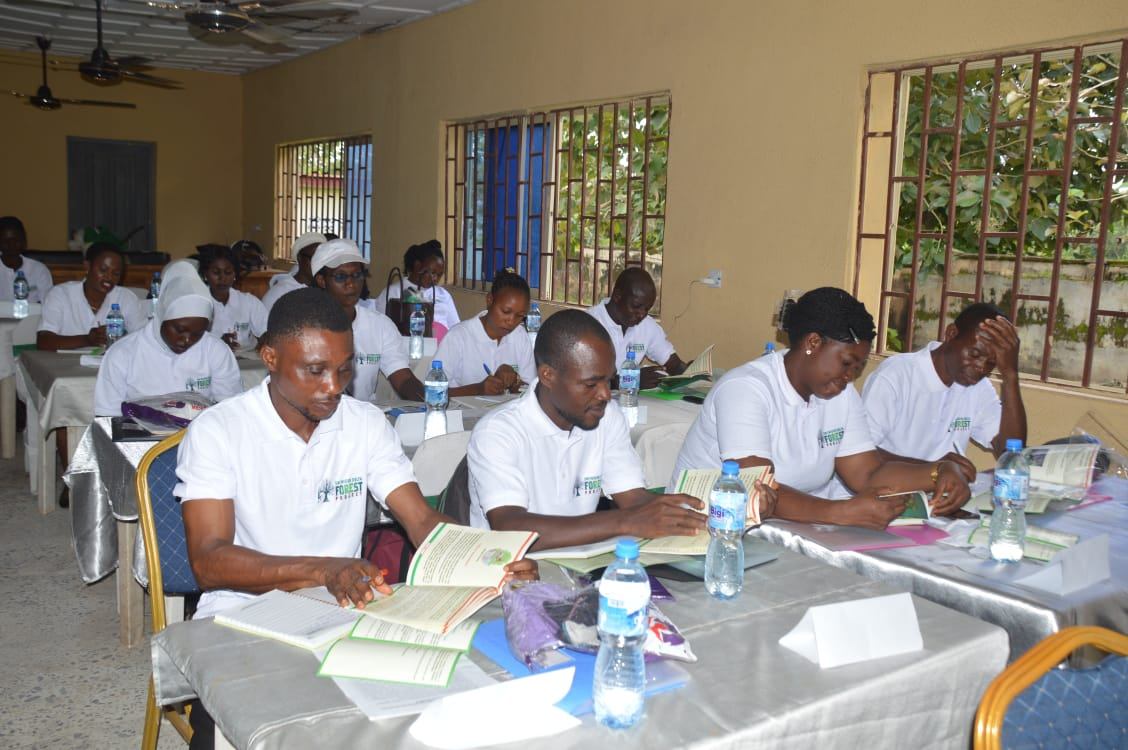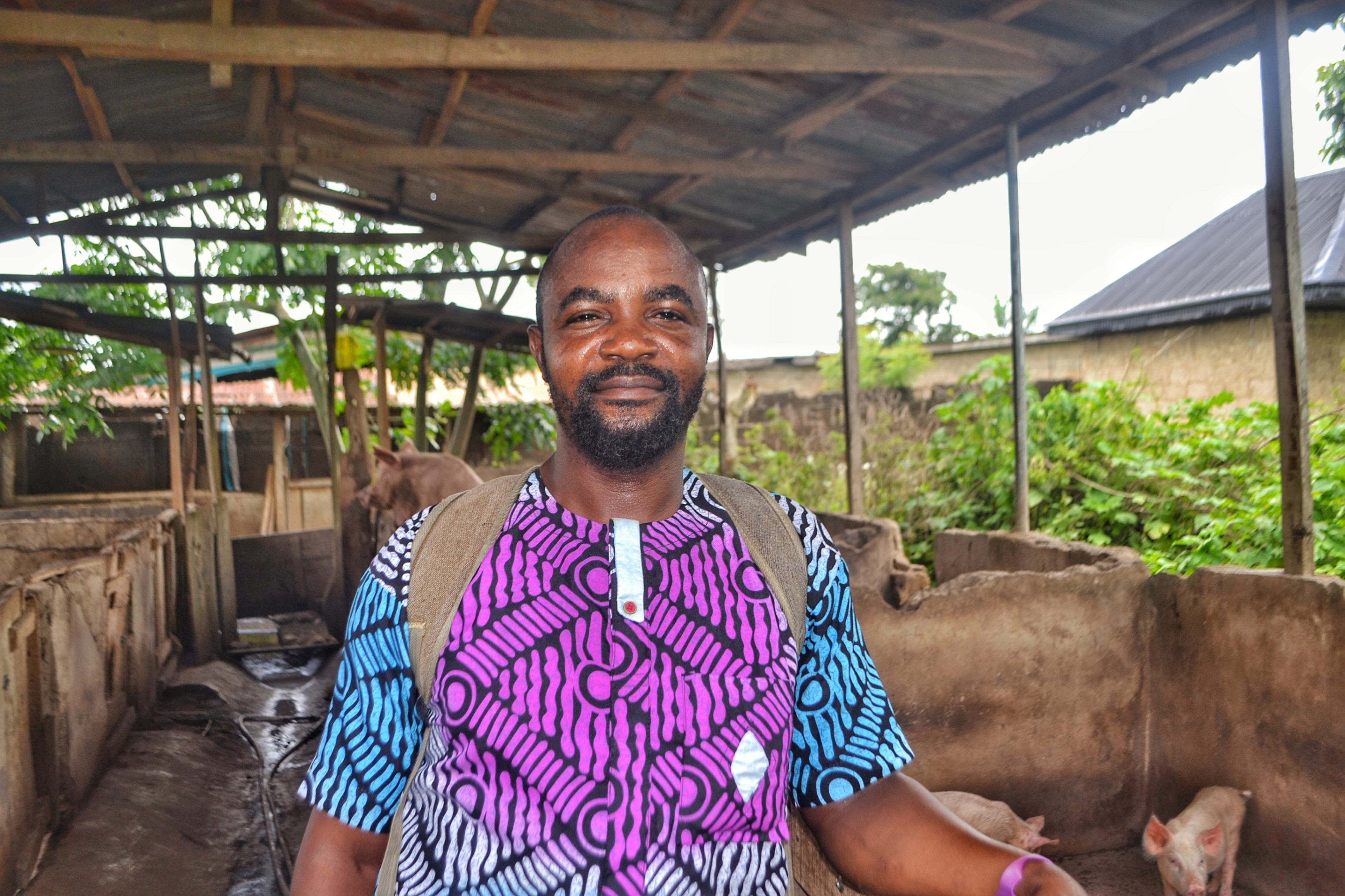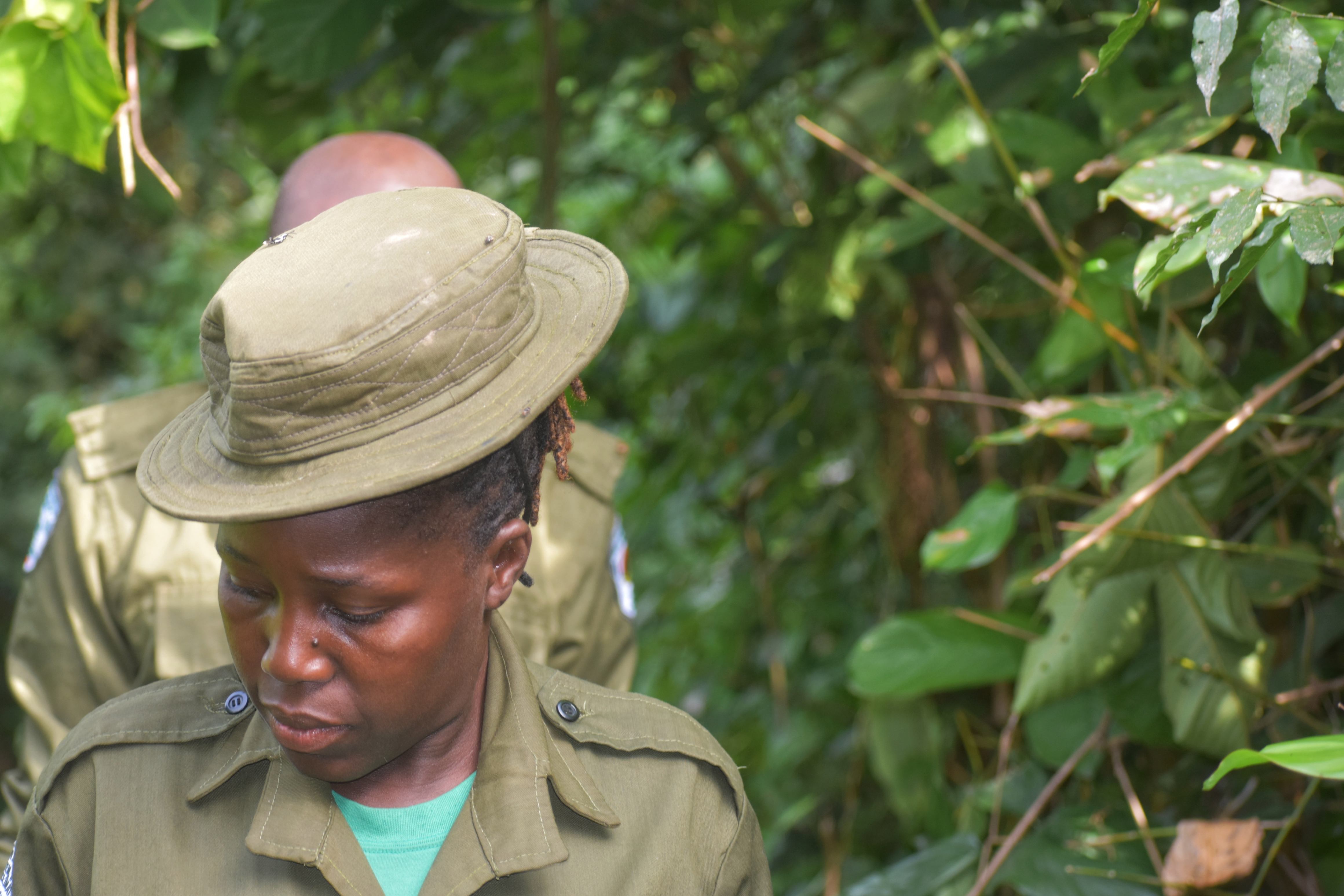Primates Program
Wildlife Fund • Brazil + 7 countries

Protecting the world's most threatened primates
More than half of the primate species face extinction threats. This alarming situation is primarily due to habitat degradation, deforestation, poaching, disease, and their dwindling populations. In response, the program unites multiple organizations dedicated to the conservation of primates. Included organizations are The Society for Preservation of Muriqui, SW Niger Delta Project, and Colobus Conservation. Their collective efforts are critical in addressing the severe challenges threatening the survival of these vital species.
Primates
There are over 500 species of primates, and over 65% of them are threatened with extinction. The major threats are deforestation, habitat degradation, poaching, disease, and small populations. Although primates receive a relatively large amount of conservation support, this is not the case across the group with species like the great apes and lemurs receiving far more attention than other species. The Milkywire Wildlife fund focuses on the more overlooked groups of species such as the Red Colobus of Africa, the primates of the Mentawai islands in Asia and the primates of Brazil’s Atlantic Forests.

Primates
Bolivia + 12 countries
Nearly 40% of amphibians are threatened with extinction due to habitat loss, disease, climate change, and over-exploitation, which makes amphibians the most threatened vertebrate class. Organizations like Nordens Ark and ProCAT Colombia work to safeguard these species. Nordens Ark focuses on conservation, breeding, and reintroduction for endangered animals, including amphibians, reptiles, and insects. Similarly, ProCAT Colombia is dedicated to researching and conserving species and ecosystems by identifying crucial areas and creating conservation tools like financial incentives for protecting the land.

Primates
India + 2 countries
The wildlife of Southeast Asia is spectacular including many of humankind’s favorite species such as tiger, rhino, elephant, orangutan, birds of paradise, Komodo dragons, manta rays and freshwater dolphins. However, the region’s wildlife is impelled with 22 percent of all threatened species and 20 percent of all Critically Endangered Species found within Southeast Asia. This program consists of organizations focusing on critically important landscapes within Southeast Asia such as Eastern Ghats Wildlife Society and HAkA – Forest, Nature and Environment of Aceh.

Primates
Kenya + 1 countries
The remaining forests scattered throughout eastern Africa are typically small and fragmented, but they contain remarkable levels of biodiversity. These forests vary greatly in their species composition, particularly among less mobile species; for example, forests that are only 100 kilometers apart may differ in 80 percent of their plant species. This program includes organizations focusing on species conservation such as Hirola Conservation Programme and Zambian Carnivore Programme.









